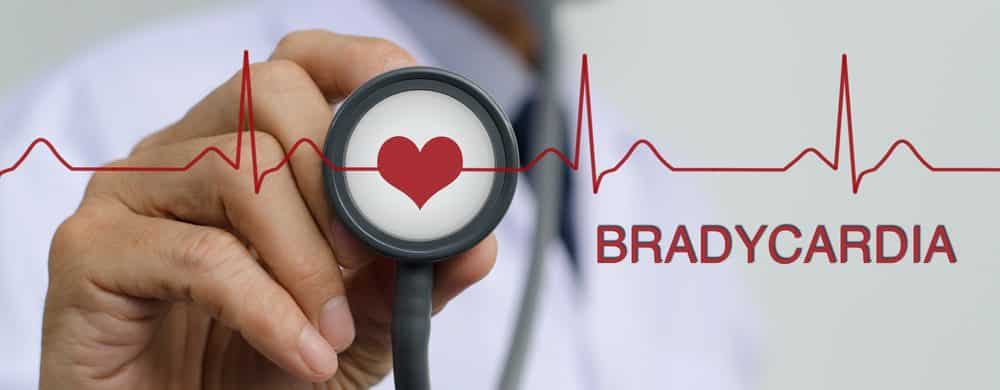There are numerous dangerous side effects that can come along with the use of fentanyl.This is particularly true during instances ofillicit use, or when it’s used in a way other than what’s prescribed and instructed by a physician. Fentanyl, which is a highly powerful opioid, is used in the treatment ofsevere, chronic pain. More specifically,it’soften used forbreakthrough cancer pain.
One of the dangerous side effects of fentanyl use is bradycardia. To understand the side effects, it’s best to know what bradycardia is and also explore why fentanyl causes bradycardia in some people.

What Is Bradycardia?
Bradycardia is a name for what happens when someone has a slow heartbeat, which isusually defined as having less than 60 beats a minute. When someone experiences bradycardia, their heart can’t pump enoughblood during exercise or normal activity. Some of the symptoms of bradycardia include:
- Dizziness
- Pervasive lack of energy
- Shortness of breath
- Fainting
Along with the use of opioids like fentanyl, other causes of bradycardia can include:
- Congenital heart disease
- Heart medications
- Aging
- Scar tissue from a heart attack
- Sick sinus syndrome or sinus node dysfunction
- A heart block (the electrical impulse that travels through the heart is blocked)
When someone experiences bradycardia under most circumstances, the treatmentvaries depending on what’s causing it. For example, it may require certain medications or theimplantationof a pacemaker.However, when fentanyl use causes bradycardia, a different solution is required.
Opioids and Palpitations
When bradycardia occurs, the heartbeat can become irregular, sometimes in an attempt to compensate for the inadequate heart rate. When these heartbeats are felt by the person experiencing them, they are referred to as palpitations. When someone has heart palpitations, it can be because they’re usingopioids, and fentanyl falls into thisclass of drugs.
Cardiac arrhythmia is another term for what occurs when the natural rhythm of the heart is disrupted. Not only can opioids cause this disruption, but it can also happen when someone is going through withdrawal from opioids. This, among many other reasons, is why medically supervised detox is so important.
When someone experiences heart palpitations and cardiac arrhythmiawithout proper treatment,it can then lead to very serious and deadly circumstances including stroke, heart failure or death.
Why Does Fentanyl Cause Bradycardia?
So, along with knowing that fentanyl can cause bradycardia, you may be wondering whyfentanyl causes bradycardia.
Fentanyl and opioids in general act as depressants which slow down the body’s natural systems,including the respiratory and cardiac system.
When someone uses an opioid like fentanyl chronically, it can lead to a condition called long Q-T syndrome, where the electrical conduction of theheart is slowed and the heart’s naturalrhythm is disrupted. This can even happen with short-term opioid use.
When someoneuses fentanyl in the long-term,this change in the natural rhythm of the heart can become permanent, contributing to a lack of adequate oxygen delivery and heart damage.
All these potential complications occur because when someone takes an opioid,it impacts the regulatorysystemsof theirbrain, as well as the heartand blood vessels.
Opioid Withdrawal and Detox
So by looking at the answer to the question “Why does fentanyl cause bradycardia?” we can see how this drug impacts the heart when it’s actually taken. But how does it impact the heart during withdrawal and detox?
When someone is dependent on opioids, heart palpitations anda decreasedheart rate are part of the symptoms. This happens because the person’s body has become used to the presence of opioids as a way to stabilize the vital functions of their body,including their heart rate.Without the presence of an opioid, these individuals dependent on opioids often experience symptoms like palpitations and cardiac arrhythmia during withdrawal.
The fact that opioids like fentanyl can lead to complications with the heart during withdrawal is one of the reasons why a supervised detox program is so strongly recommended for people coming off these drugs. To enroll in a medical detox program,contact The Recovery Villageto find the best fit for your needs.














